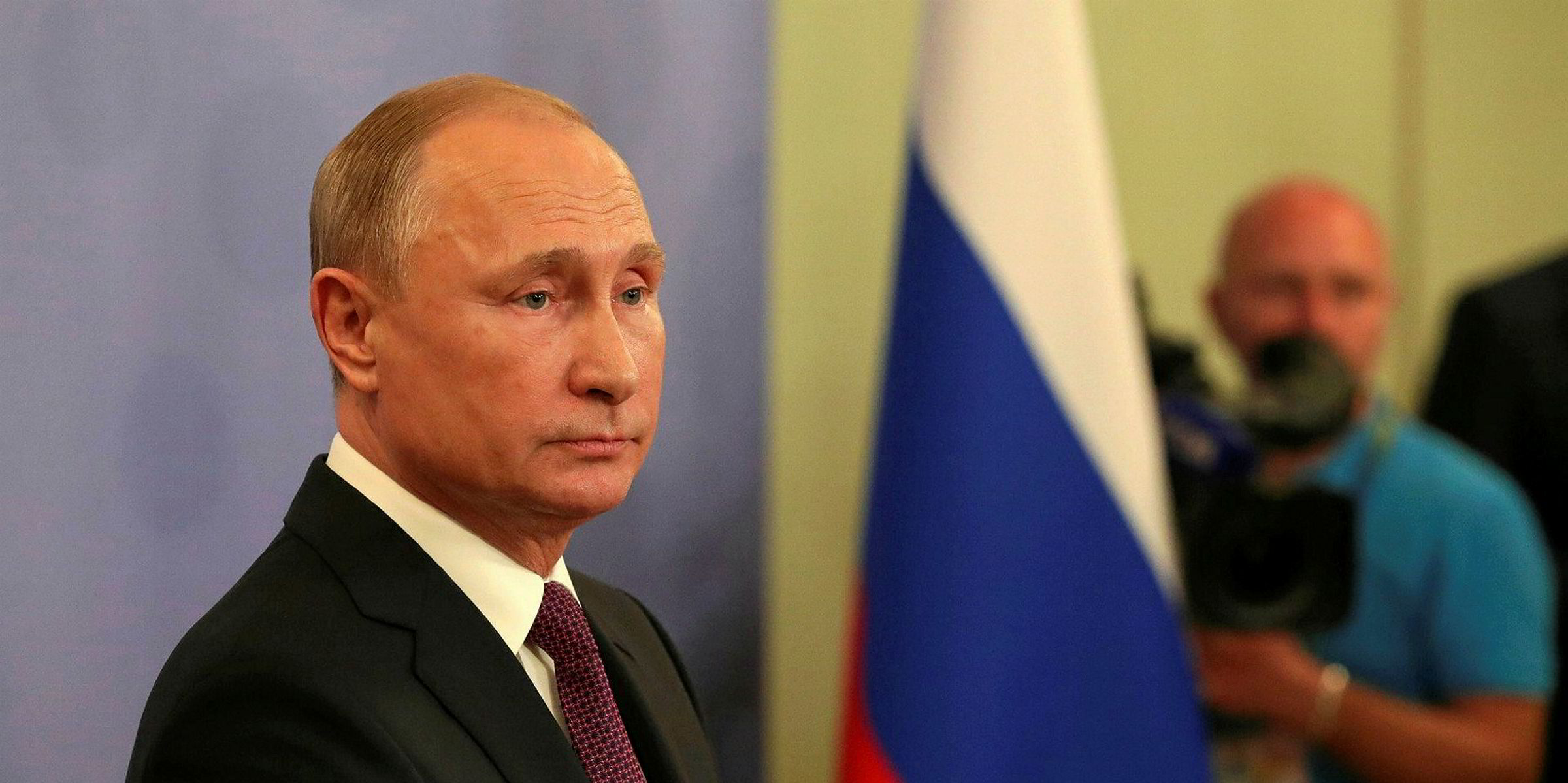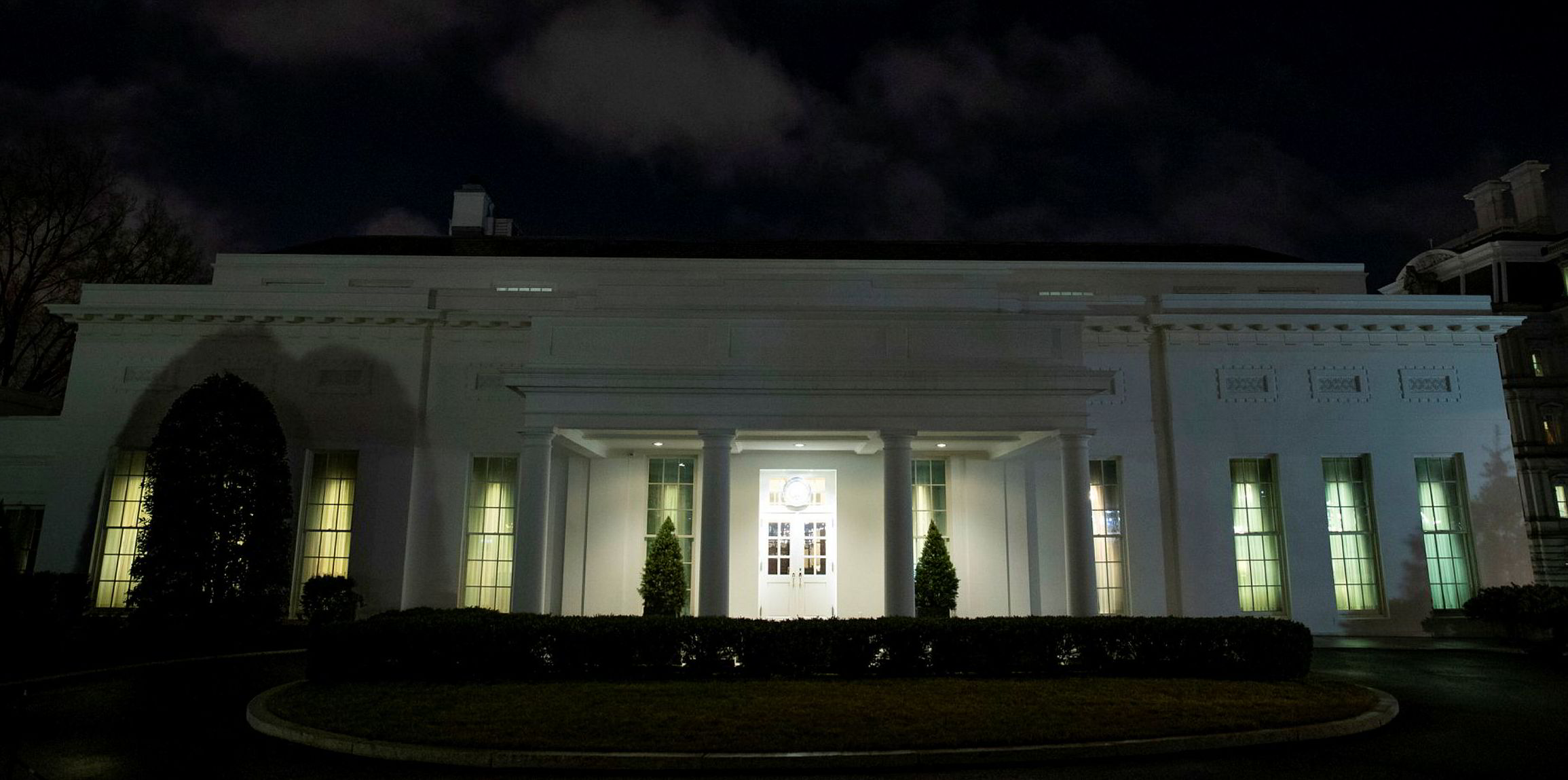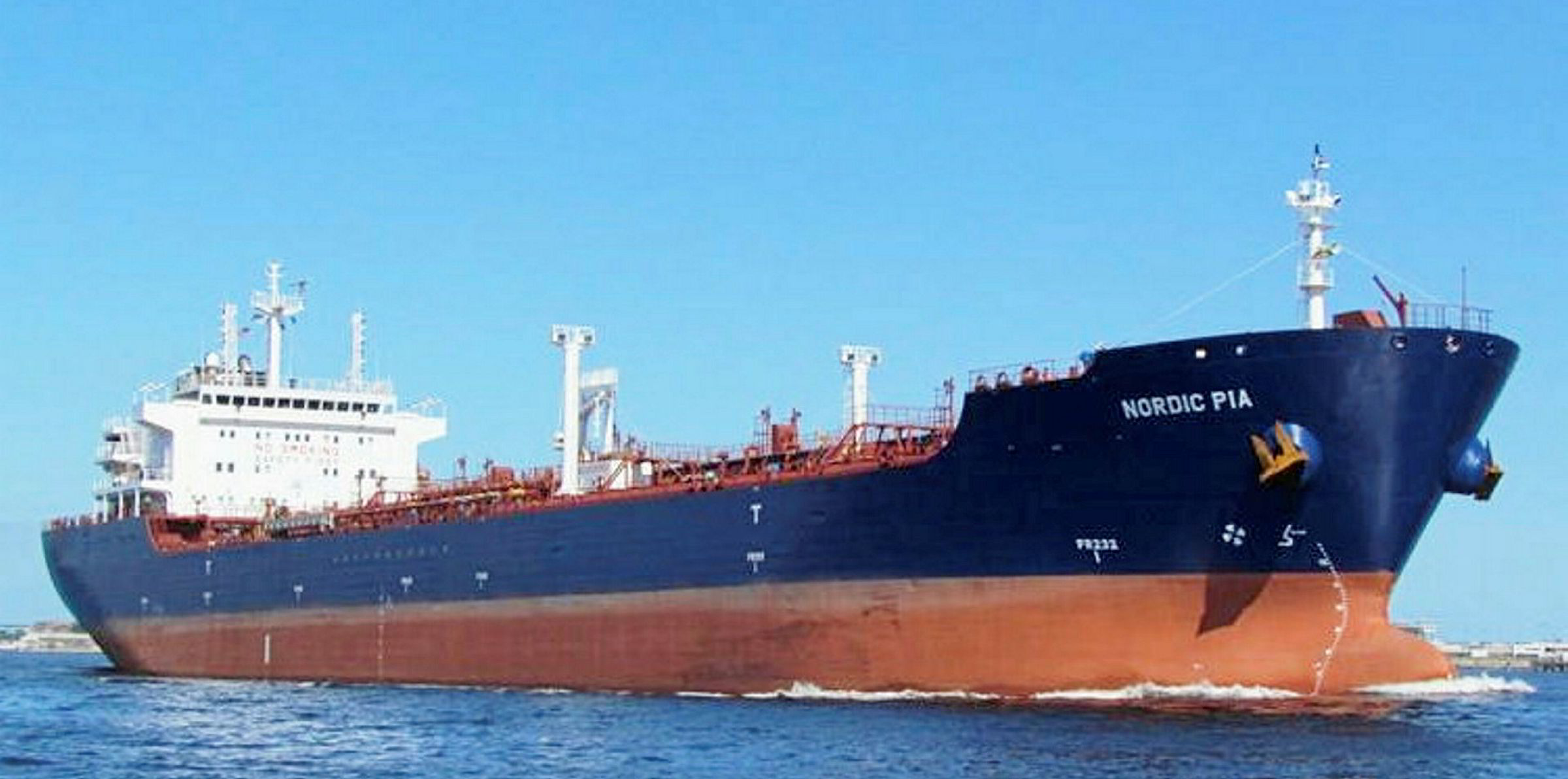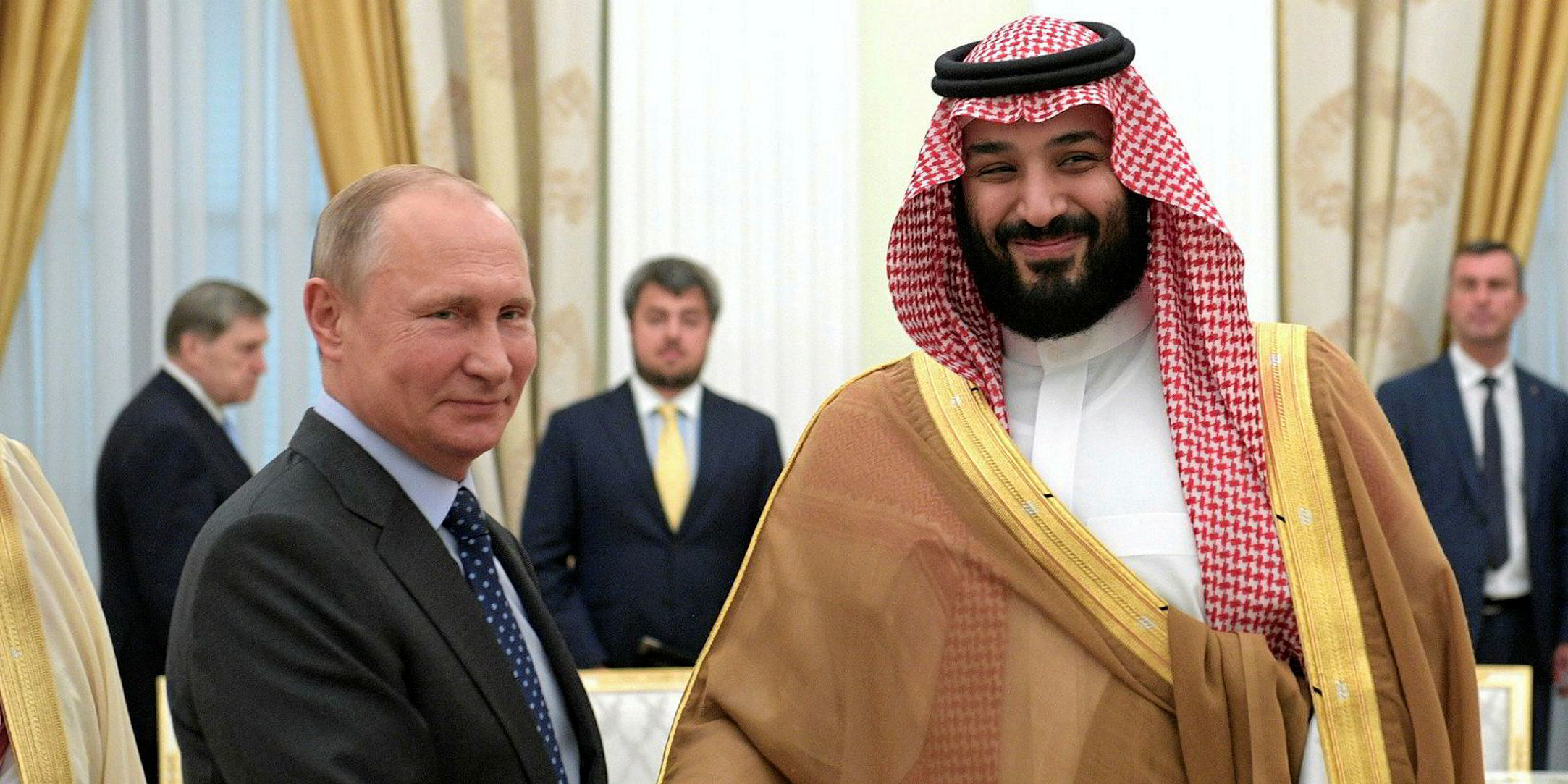Tanker players may have escaped from their worst nightmare as Russia shows resistance to a deeper cut in crude output of the Opec+ group, composed of 24 of the world’s largest oil producers.
According to media reports, a technical panel of the producers’ group has recommended a further supply curb of 600,000 barrels per day (bpd) in Thursday’s meeting in response to lower Chinese oil demand amid the coronavirus epidemic.
However, representatives from Russia, one of the world’s largest crude-exporting nations, have asked for more time for domestic consultations before committing to make any cut.
Delegates of Opec, Russia and nine other producers could not even agree to hold an emergency meeting within this month for further discussions. This means the countries will need to wait until the ministerial meeting on 6 March to decide on any cut, at the earliest.
An email seeking comment from Opec has not been responded at the time of writing.
If materialised, the supply reduction will last until the end of June and come on the top of the group’s exiting 1.7m-bpd reduction agreement.
According to some analysts, a deeper supply cut would be extremely bearish for tanker markets, which have already seen VLCC, suezmax and afraxmax earnings hitting multi-month lows this week.
Market participants have pointed out a weak seasonal demand, the virus outbreak and the return of Cosco Shipping Tanker (Dalian) Co’s tonnage are all attributing to lower tanker rates.
“The Opec is particularly exposed to the Chinese market now,” Banchero Costa’s head of research Ralph Leszczynski said. “The Saudis put all their eggs in the China basket, and now that basket is looking fragile, at least in the short term.
“Of course this is negative for the tanker market.”
However, Russia is understood to be resistant towards a further production cut as the country does not want to lose market share.
As part of a trade deal between China and the US, the Chinese government has announced its tariff on imports of US crude will be lowered to 2.5% from 5% from 14 February.
Tanker players have predicted a de-escalation of the US-China trade tension would boost tonne-mile demand for VLCCs, though such a bullish scenario may only realise once China’s oil demand recovers.
Market players are having a hard time predicting how severe the disruption to Chinese demand will be, or how long it will last, as the epidemic is still developing. On a global, full-year basis, estimates for the demand reduction due to the outbreak range between 200,000 bpd and 500,000 bpd, or more.
“Crude tanker rates have been, and will always bee, highly volatile. Predicting the development short-term in the midst of the coronavirus outbreak is certainly above our pay grade,” Fearnley Securities said.






